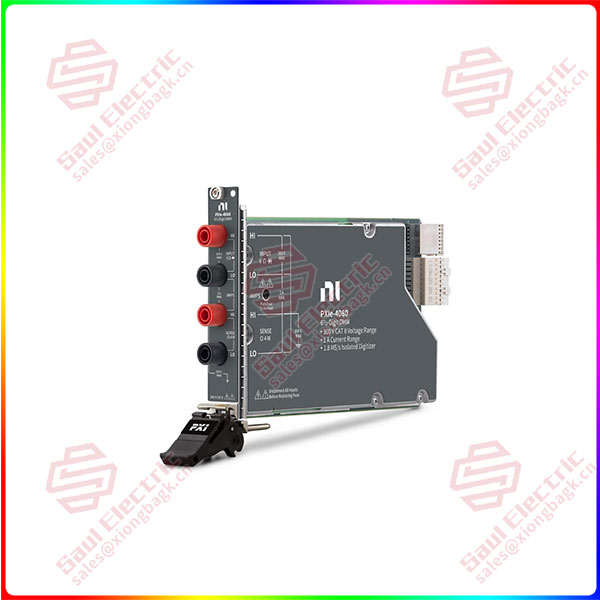One by one, the needles are inserted into the plastic plate, and the fingers of the worker wearing the finger cover turn the small piece flexibly to check whether the arrangement of the pins meets the requirements. This small piece is the connector, which will be responsible for the transmission of signals and currents in the future, and has applications in transportation, medical care, automobiles and other fields. The inspection of electroplated multiple pins and box sockets after the pins are inserted for gaps and positioning is one of the parts of the assembly line of TE Connectivity (Tyco Electronics, hereinafter referred to as “TE”) factory, and only if they are identified as good products, they will be placed on the water belt to go to the next process.
AI “factory work” can partly solve the problem of inconsistent standards caused by manual inspection of product defects, but it will also bring new troubles: due to different batches of material suppliers or electroplating, good products will also be mistaken for defective products due to problems such as reflective rate and will be automatically eliminated.
The team that solved this problem won first prize at the fourth TE AI Cup 2023 global competition hosted by TE. This year, more than 200 engineering students from 25 universities around the world participated in the “training” of AI workers from three aspects: AI machine vision, AI process optimization and comprehensive AI application.
In the wave of digital transformation, AI “into the factory” is a foregone conclusion, but in order to become the factory’s favorite worker, it also needs AI to roll up, and it is inseparable from the guidance of human engineers.

PXIE-4080
Industry-university cooperation
This year marks the fourth year that TE Industrial’s Suzhou plant has participated in TE AI Cup. The Shanghai University team and TE Industrial Division Suzhou factory engineers jointly designed an image analysis and automatic parameter adjustment system, and won the first prize. Previously, when the industry used AI visual inspection to control product quality, it was generally necessary to manually adjust detection parameters frequently. The system can automatically adjust the detection parameters according to the input image, and give correct adjustment suggestions in time when the pre-input parameters are set wrong. It has been verified that the solution is expected to reduce the detection time by 81% and achieve a 90% reduction in the product scrap rate.
The TE AI Cup was launched in 2018 by Dr. Yi Lu, TE’s Vice President of Global Operations Technology and organized by TE’s Automated Manufacturing Technology team, and has now been upgraded to a global technology event that includes Asia, Europe, the Middle East and Africa and the Americas. With the support of 30 factories in eight of TE’s global business units, student teams travel to factories to learn about real challenges in industrial manufacturing scenarios, and designed AI solutions are validated and adjusted in TE factories. This not only accelerates the application of AI technology in industrial scenarios, but also provides a platform for college students to explore AI technology and practical application scenarios.
“The factory side is very helpful, for us to build a hardware platform of the laboratory, equipped us with factory engineers, it is a completely immersive competition.” Shanghai University Computer School professor, this TE AI Cup champion project mentor Xin Liming said. He told First Finance that establishing a school-enterprise cooperation relationship through the competition can provide more students with practical opportunities. “In this process, we students are deeply integrated with the factory, learning to identify problems and how to solve them.”
Xu Yingqing, general manager of the Suzhou factory, said that the results of the past years will be gradually applied in the factory, “AI can learn independently and make unified standard judgments, which plays a role in ensuring the stability of quality.” In the case of the first prize winning image analysis and automatic parameter tuning system, there are more than 70 opportunities to deploy the project in a single factory.
 1 Year Warranty
1 Year Warranty





